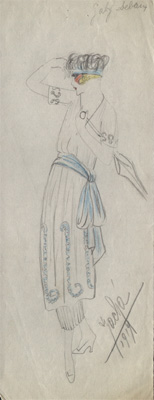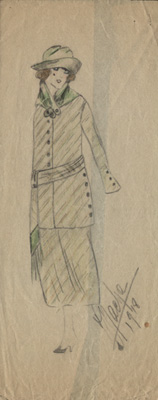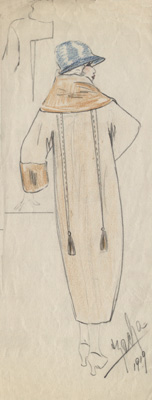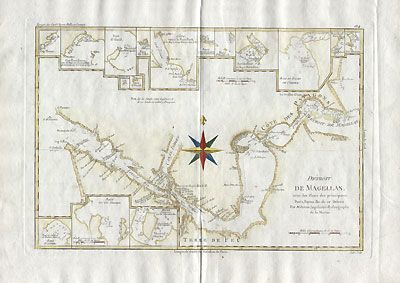Continuing my chapter excerpt from Philip Yancey’s The Jesus I Never Knew.
When the Jesuit missionary Matteo Ricci went to China in the 16th century, he brought along samples of religious art to illustrate the Christian story for people who had never heard it. The Chinese readily adopted portraits of the Virgin Mary holding her child, but when he produced paintings of the crucifixion and tried to explain that the God-child had grown up only to be executed, the audience reacted with revulsion and horror. They much preferred the Virgin and insisted on worshiping her rather than the crucified God.
As I thumb once more through my stack of Christmas cards, I realize that we in Christian countries do much the same thing. We observe a mellow, domesticated holiday purged of any hint of scandal. Above all, we purge from it any reminder of how the story that began at Bethlehem turned out at Calvary.
In the birth stories of Luke and Matthew, only one person seems to grasp the mysterious nature of what God has set in motion: the old man Simeon, who recognized the baby as the Messiah, instinctively understood that conflict would surely follow. “This child is destined to cause the falling and rising of many in Israel, and to be a sign that will be spoken against ….” he said, and then made the prediction that a sword would pierce Mary’s own soul. Somehow Simeon sensed that though on the surface little had changed — the autocrat Herod still ruled, Roman troops were still stringing up patriots, Jerusalem still overflowed with beggars — underneath, everything had changed. A new force had arrived to undermine the world’s powers.
At first, Jesus hardly seemed a threat to those powers. He was born under Caesar Augustus, at a time when hope wafted through the Roman Empire. More than any other ruler, Augustus raised the expectations of what a leader could accomplish and what a society could achieve. It was Augustus, in fact, who first borrowed the Greek word for “Gospel” or “Good News” and applied it as a label for the new world order represented by his reign. The empire declared him a god and established rites of worship. His enlightened and stable regime, many believed, would last forever, a final solution to the problem of government.
Meanwhile, in an obscure corner of Augustus’s empire the birth of a baby named Jesus was overlooked by the chroniclers of the day. We know about him mainly through four books written years after his death, at a time when less than one-half of one percent of the Roman world had ever heard of him. Jesus’ biographers would also borrow the word gospel, proclaiming a different kind of new world order altogether. They would mention Augustus only once, a passing reference to set the date of a census that ensured Jesus would be born in Bethlehem.
The earliest events in Jesus’ life, though, give a menacing preview of the unlikely struggle now under way. Herod the Great, King of the Jews, enforced Roman rule at the local level, and in an irony of history we know Herod’s name mainly because of the massacre of the innocents. I have never seen a Christmas card depicting that state-sponsored act of terror, but it too was a part of Christ’s coming. Although secular history does not refer to the atrocity, no one acquainted with the life of Herod doubts him capable. He killed two brothers-in-law, his own wife Mariamne, and two of his own sons. Five days before his death he ordered the arrest of many citizens and decreed that they be executed on the day of his death, in order to guarantee a proper atmosphere of mourning in the country. For such a despot, a minor extermination procedure in Bethlehem posed no problem.
Scarcely a day passed, in fact, without an execution under Herod’s regime. The political climate at the time of Jesus’ birth resembled that of Russia in the 1930s under Stalin. Citizens could not gather in public meetings. Spies were everywhere. In Herod’s mind, the command to slaughter Bethlehem’s infants was probably an act of utmost rationality, a rearguard action to preserve the stability of his kingdom against a rumored invasion from another.
In For the Time Being, W. H. Auden projects what might have been going on inside Herod’s mind as he mused about ordering the massacre:
Today has been one of those perfect winter days, cold, brilliant, and utterly still, when the bark of a shepherd’s dog carries for miles, and the great wild mountains come up quite close to the city walls, and the mind feels intensely awake, and this evening as I stand at this window high up in the citadel, there is nothing in the whole magnificent panorama of plain and mountains to indicate that the Empire is threatened by a danger more dreadful than any invasion of Tartar on racing camels or conspiracy of the Praetorian Guard …..O dear. Why couldn’t this wretched infant be born somewhere else?
And so Jesus the Christ entered the world amid strife and terror, and spent his infancy hidden in Egypt as a refugee. Matthew notes that local politics even determined where Jesus would grow up. When Herod the Great died, an angel reported to Joseph it was safe for him to return to Israel, but not to the region where Herod’s son Archelaus had taken command. Joseph moved his family instead to Nazareth in the north, where they lived under the domain of another of Herod’s sons, Antipas, the one Jesus would call “that fox,” and also the one who would have John the Baptist beheaded.
A few years later the Romans took over direct command of the southern province the encompassed Jerusalem, and the cruelest and most notorious of these governors was a man named Pontius Pilate. Well-connected, Pilate had married the granddaughter of Augustus Caesar. According to Luke, Herod Antipas and the Roman governor Pilate regarded each other as enemies until the day fate brought them together to determine the destiny of Jesus. On that day they collaborated, hoping to succeed where Herod the Great had failed: by disposing of the strange pretender and thus preserving the kingdom.
From beginning to end, the conflict between Rome and Jesus appeared to be entirely one-sided. The execution of Jesus would put an apparent end to any threat, or so it was assumed at the time. Tyranny would win again. It occurred to no one that his stubborn followers just might outlast the Roman empire.
more to come …..











